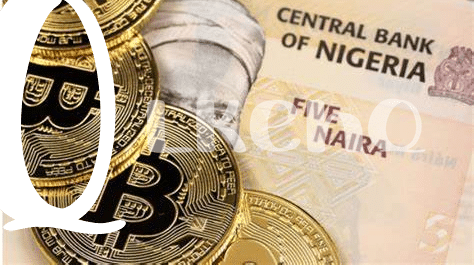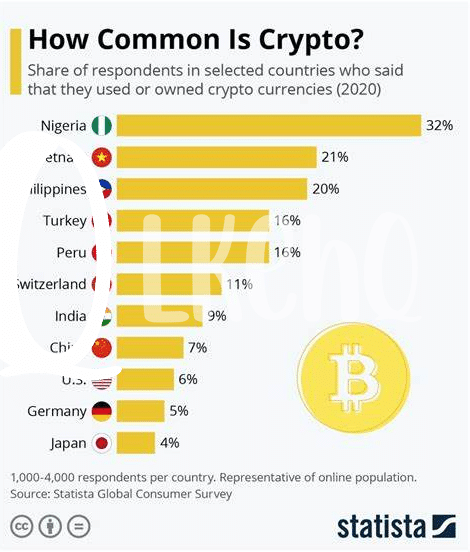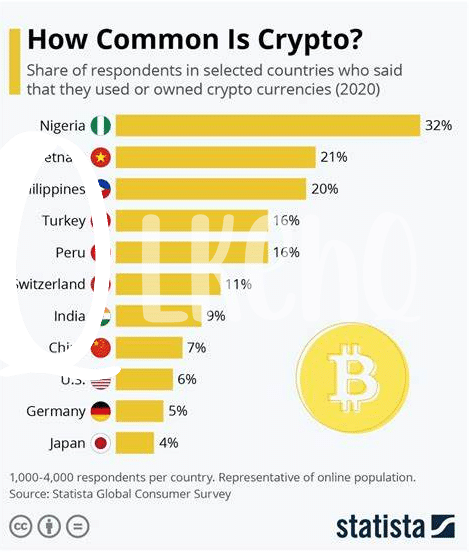Current Stance 🇳🇬

In recent years, Nigeria has taken a dynamic approach towards cryptocurrencies, reflecting the increasing global interest in digital assets. The country has witnessed a surge in crypto adoption among its population, with a growing number of individuals and businesses engaging in crypto transactions. This shift towards digital currencies aligns with Nigeria’s goal of embracing technological advancements and fostering financial inclusion for its citizens.
Nigeria’s current stance on cryptocurrencies is a reflection of the evolving landscape of financial technologies around the world. As the usage of cryptocurrencies continues to expand, Nigeria faces the challenge of effectively regulating this emerging market while balancing innovation and consumer protection. The regulatory framework surrounding cryptocurrencies in Nigeria is pivotal in shaping the future trajectory of digital assets within the country’s financial ecosystem.
Regulatory Challenges 💼
Navigating the complex landscape of cryptocurrency regulations presents a formidable task for Nigeria. The country faces a myriad of regulatory challenges, ranging from transparency issues to concerns over financial stability. Striking a balance between embracing innovation and safeguarding against potential risks is a delicate dance that requires careful consideration. The lack of a clear regulatory framework not only hampers the growth of the crypto market but also leaves investors vulnerable to fraudulent activities. In addition, the evolving nature of digital assets further complicates the regulatory landscape, as new forms of cryptocurrencies emerge with unique features that may not fit traditional regulatory frameworks. Balancing the need for consumer protection and fostering innovation remains a key challenge for Nigerian authorities striving to establish a sustainable and secure environment for cryptocurrency transactions.
Economic Implications 💰

The stance on cryptocurrencies in Nigeria has given rise to various economic implications. The evolving landscape poses challenges in integrating digital assets into the traditional financial system. Uncertainty around regulations creates hesitancy among businesses and investors, impacting the overall economic climate. However, amidst these challenges, there are opportunities for innovation in fintech and blockchain technology. By fostering a conducive environment for development, Nigeria can harness the potential economic benefits that cryptocurrencies can offer. Embracing this shift towards digital finance could lead to increased financial inclusion and opportunities for entrepreneurs, ultimately driving economic growth and empowerment within the country.
Looking ahead, the economic implications of Nigeria’s stance on cryptocurrencies will continue to shape the financial sector and influence investment decisions. As the global economy becomes increasingly digital, finding the right balance between regulation and innovation will be crucial for sustainable economic growth. By addressing the challenges and seizing the opportunities presented by cryptocurrencies, Nigeria has the potential to position itself as a leader in the digital economy, attracting both domestic and international investments. A proactive approach towards embracing digital assets could pave the way for a more inclusive and resilient financial ecosystem in the country.
Opportunities for Innovation 🚀

Cryptocurrencies have presented a ripe field for innovation in Nigeria, sparking a wave of technological advancements and entrepreneurial ventures. The decentralized nature of cryptocurrencies has opened up new avenues for financial inclusion and access to digital assets. Startups in the country are leveraging blockchain technology to create innovative solutions for various sectors, from finance to supply chain management. These efforts are fueling a dynamic ecosystem that encourages creativity and pushes boundaries in traditional industries. By embracing this wave of innovation, Nigeria stands a chance to position itself as a hub for tech-driven solutions that cater to both local and global markets.
For further insights into the government stance on the future of cryptocurrencies in New Zealand, you can visit government stance on the future of cryptocurrencies in New Zealand.
Public Perception 🧐
Public perception plays a crucial role in shaping Nigeria’s stance on cryptocurrencies. With varying levels of understanding and awareness among the population, there exists a spectrum of opinions ranging from skepticism to enthusiastic support. The media often amplifies both positive and negative narratives, influencing how the general public perceives digital currencies. Additionally, cultural beliefs and past experiences with financial systems shape how individuals view the potential benefits and risks associated with cryptocurrencies. As the conversation around digital assets continues to evolve, it is essential for stakeholders to engage in educational efforts to foster a more informed and balanced public perception. By addressing concerns and highlighting the opportunities that cryptocurrencies may bring, Nigeria can potentially shift public sentiment towards a more positive and constructive outlook on this emerging technology.
Future Outlook 🔮

As the world continues to evolve, Nigeria stands at a crucial juncture in its approach to cryptocurrencies. The future outlook for the country’s stance on digital assets is both intriguing and uncertain. With increasing regulatory pressures and economic implications looming, the key lies in finding a balance that fosters innovation while safeguarding against risks. The public perception surrounding cryptocurrencies will play a significant role in shaping policies and decisions moving forward. As Nigeria navigates these challenges and opportunities, the future of cryptocurrencies in the country remains a topic of intense debate and interest. Amidst all this, one can’t help but wonder how this dynamic landscape will unfold in the coming years.
Insert link: government stance on the future of cryptocurrencies in myanmar
